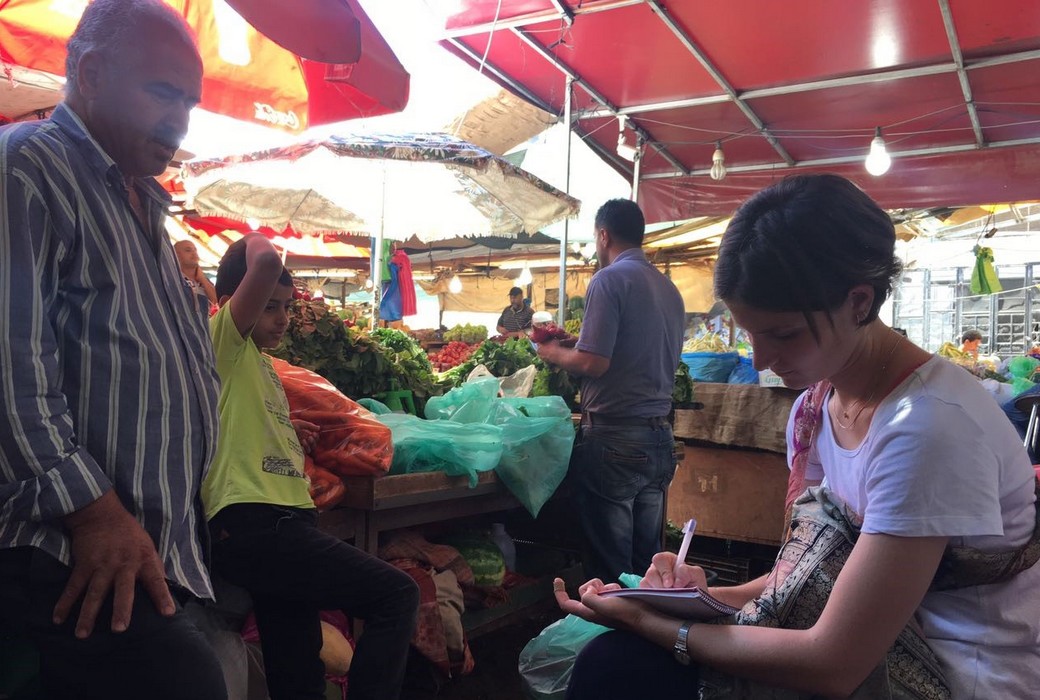The topic of Food Loss and Waste (FLW) has been gaining more and more importance in the last years due to critical links with a few intertwining challenges, such as food security, environment conservation and efficiency in resources management. Still, most countries lack reliable data about the amount of food that is lost or wasted along the supply chains and in households, the causes behind the spoilage and possible options to alleviate the problem.
Politecnico di Milano, in partnership with Cesvi and with Food and Agriculture Organization of the United Nations (FAO) support, has published a Report on Food Loss and Waste in Palestine with the aim of contributing to fill this data gap. The Report summarizes the results of a pilot study of the methodology that FAO has developed to quantify FLW in small-scale farmers and local supply chains of developing countries. FAO methodology was therefore tested for the first time to the Palestinian context. The analysis focused on the post-harvest handling and storage, and distribution stages of tomatoes and cucumbers.
The study’s results estimated an overall loss and waste rate of 21% from harvest to retail. It means that 5,610 and 2,915 tons of cucumber and tomatoes produced in the Tulkarem Governorate, respectively, are wasted every year. Comparing them with other developing countries’outcomes, these rates are in line with those in North Africa, West and Central Asia.
The study identified also some weak points responsible of FLW both in post-harvest handling and storage and distribution, suggesting the following recommendations:
Improvement of operational and managerial aspects:
1) improvement or installation of irrigation plants and devices, like tensiometers and modern pipes;
2) introduction and use of cooling facilities, possibly shared by groups of farmers;
3) training of farmers regarding the introduction and use of new practices and technologies.
Improvement of marketing of products:
1) introduction of by-contract agreements between farmers and buyers;
2) combination of improved practices, technologies – including cold storage solutions – and policies resulting in an extended shelf life and profitable selling period, thus a more favorable price management of products.
New policies:
1) promotion of composting and use of locally-produced compost;
2) establishment of local Food Banks to redirect safe and good loss to people in need.
Download Food Loss and Waste in Palestine – A pilot study of the FAO methodology.
